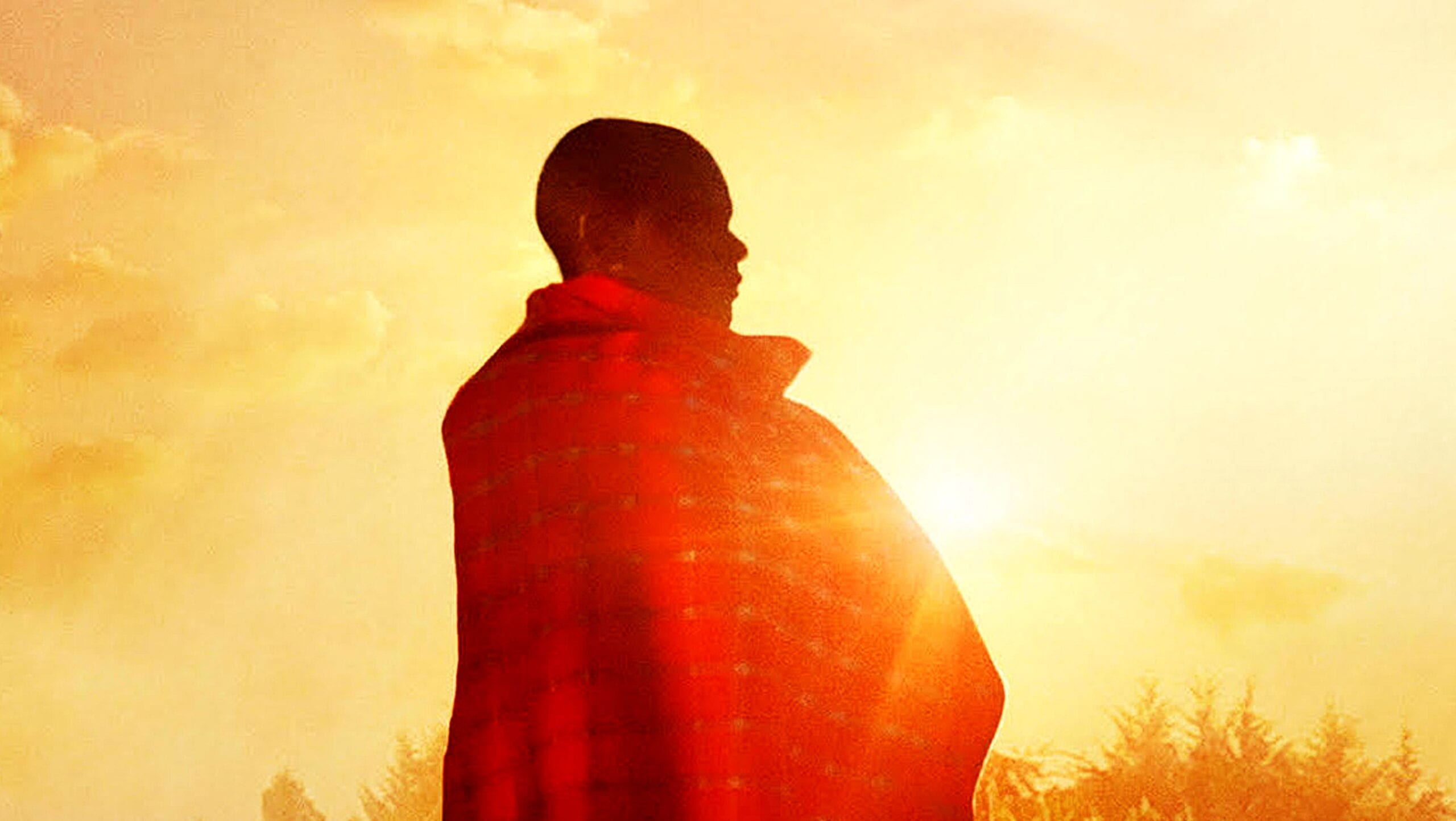Telling the stories of LGBTQ Africans isn’t easy. Considering anti-queer laws and homophobic and transphobic attitudes present in some of the continent’s countries, even openly identifying as anything other than straight or the sex one was assigned at birth can be a death sentence. And yet, people like Samuel, the subject of Kenyan director Peter Murimi’s feature documentary debut I Am Samuel, still want to live and love as their authentic selves even if it means making sacrifices.
“This issue has been very close to my heart for a long time,” Murimi tells me via email. “People very close to me have struggled to come out to their families because they were scared of the reaction they would get.
“I thought it was important to tell a story from a very personal perspective that also captures the dynamics of the family that African queers could relate to and that the wider society could connect with.”
I Am Samuel, which recently premiered at the Hot Docs festival and had its U.S. premiere at the Human Rights Watch Film Festival earlier this month, follows its titular subject, who grew up in rural Kenya where certain traditions (like men getting married to women and having children) are expected. Samuel is close to his mother, but his relationship with his father, a local pastor, is a little strained—mainly because his dad consistently implores him to find a wife. But after Samuel moves to Kenya’s capital, Nairobi, for work, he falls in love with Alex and finds belonging within a small queer community. The film, shot over five years, follows their love story as well as how Samuel’s family adjusts to discovering that he is gay.
For the unaware, Kenya represents a number of African nations that still operate under colonial-era laws. Although it is not illegal to be queer and to fall in love, queer intimacy and same-sex acts are criminalized. Coupled with prevailing anti-queer and -trans sentiments, LGBTQ and intersex people and their allies are often targets of verbal and physical assault, sexual violence and social marginalization. This is demonstrated in I Am Samuel by the inclusion of a graphic clip of a gay man, who is actually one of Samuel’s friends, being brutally beaten by a mob.
“We thought it was important for the wider community to look in the mirror to see the trauma and horror we inflict on our fellow citizens,” Murimi says about the decision to include the scene. “It is very wrong that human beings can do this to one another, and sometimes taking a step back and seeing what monsters we can be can hopefully create empathy and stop such violence.”
That violence leads many to live “double lives,” presenting as straight in public but building small queer communities in private. As Alex describes in the film, his own family grapple with his identity: “They might know the truth but they’re willing to believe the lie.”
“This is very common in Kenya,” Murimi adds, detailing how terms like “twin” and “best friend” are sometimes used to mask romantic partners. “African communities are closely knit and many parents find it hard to explain to their extended family and neighbours why their children do not conform to traditional expectations.”
“They might know the truth but they’re willing to believe the lie.”
Thankfully, Samuel, who Murimi met through a mutual friend, thought it was important to show the world his life. “He told me that being poor and gay, he felt forgotten,” Murimi says. “To him, it was a way of saying, ‘We still exist. We are here.’”
Of note are the people around Samuel who represent what queer community can look like in Kenya. Though many of their faces are blurred for security reasons, their presence elevates what some might see as a bleak livelihood into a story of a community’s survival by any means necessary.
“I was very lucky to get Samuel and his friends to trust me with their story,” Murimi admits. “They believe the film will help us, as Kenyans and Africans, to have a long overdue discussion about LGBTQ+ rights.”
Last year, director Wanuri Kahlu’s queer coming-of-age drama Rafiki, the first Kenyan film to screen at the Cannes Film Festival, was banned in Kenya—exemplifying how difficult it is to foster that conversation.
“We haven’t yet applied to distribute the documentary in Kenya,” producer Toni Kamau says. “But based on precedent, we are working on the assumption that it will not be easy. However, we believe in freedom of expression, and we hope that we will be able to eventually show the film [there].”
Until then, Kamau hopes the film will offer “one truth of what it means to be queer in Africa.”
“We are so honored that Samuel, Alex and their friends and family allowed us into their lives, with a camera,” she says. “We don’t take this for granted. We hope that some people will be able to see themselves and their families in our story, and that they feel seen, loved and heard.”
I Am Samuel’s next confirmed screening is at the Atlanta Film Festival, which has been rescheduled for September 2020.


 Why you can trust Xtra
Why you can trust Xtra


